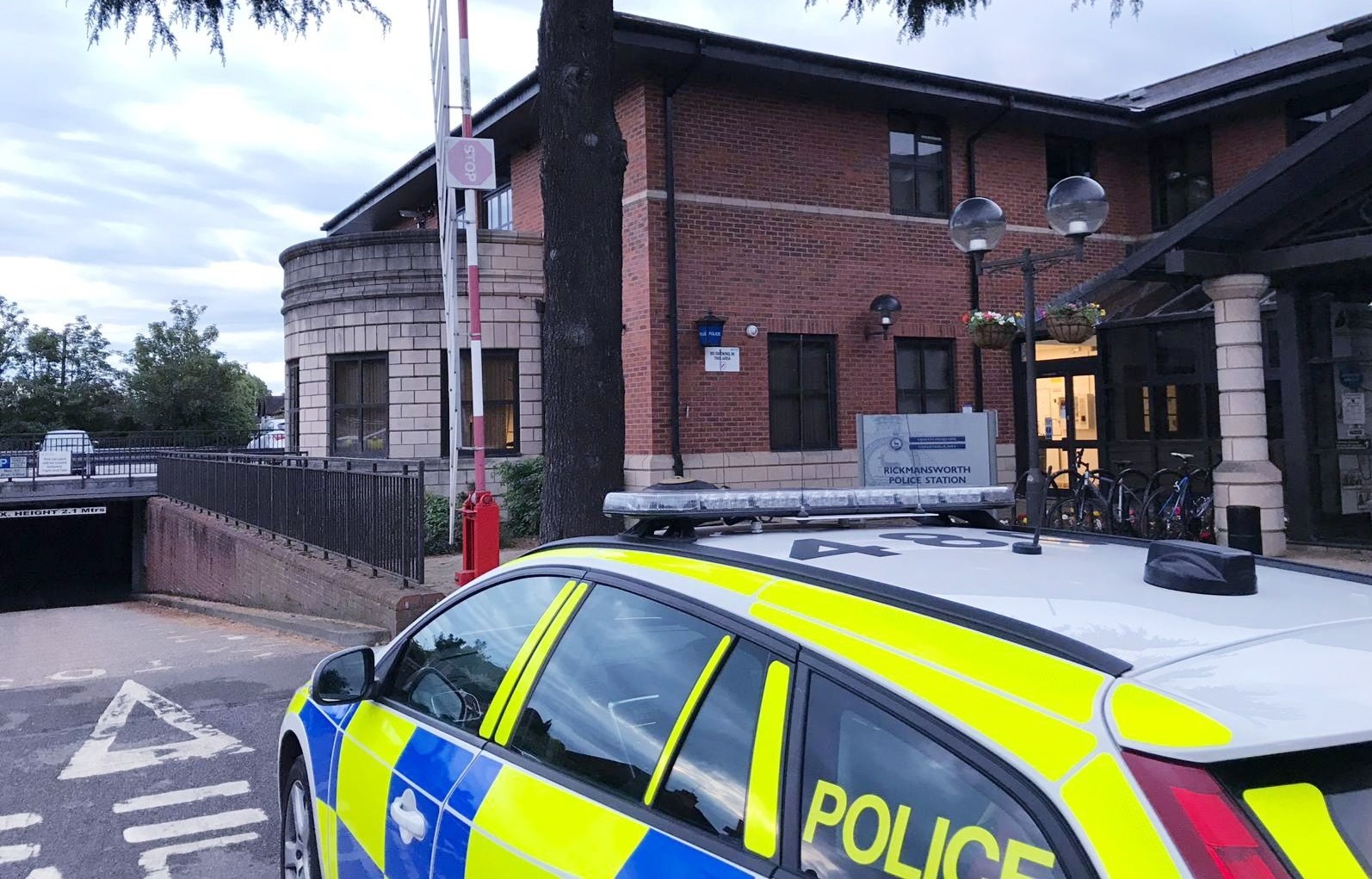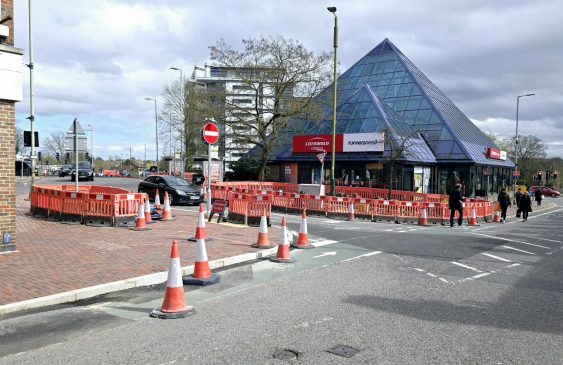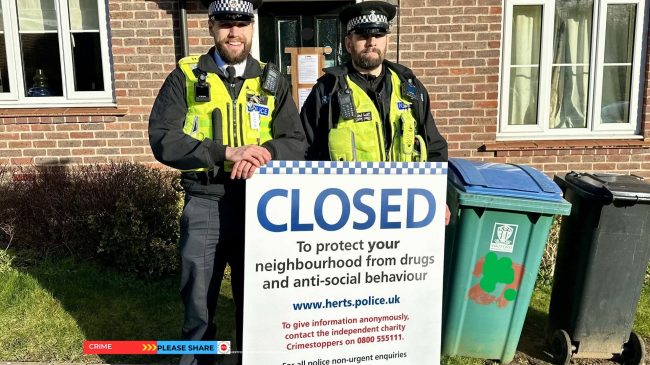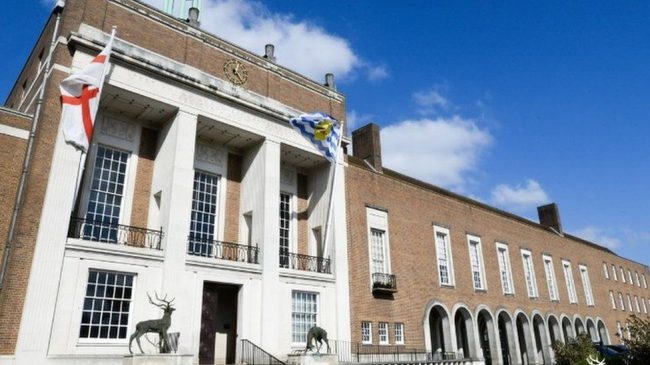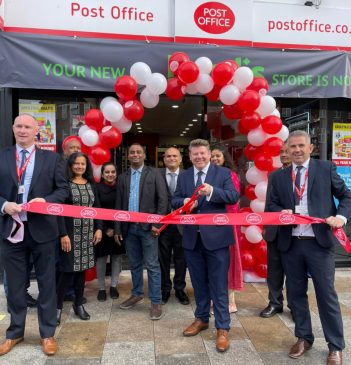Policing Priorities Set Based on Public Feedback to Address Crime and Disorder
The Watford Safer Neighbourhood Team (SNT) has set three new priorities for the next quarter. These priorities were chosen based on feedback from the public and partners.
[tta_listen_btn]
Safer Neighbourhood Teams are responsible for addressing short-term and long-term issues in their communities, such as anti-social behaviour, drug-related crime, car crime, and speeding. They work closely with local partners to achieve their goals.
To set new policing priorities, the SNT reviews comments submitted by the public via echo, the constabulary’s community feedback platform. They also consider the responses they receive from the Online Watch Link (OWL) community messaging service, as well as responses from partners and police-led intelligence.
The three new priorities for the SNT are:
- Anti-social behaviour in and around the High Street, specifically focusing on alcohol-related behaviour, drug use and supply, and related retail theft.
- Anti-social behaviour in the communal areas of flats in and around the Ring Road.
- Vehicle crime in the West Watford area.
The SNT will be working with partners and the community to address these issues in the coming months. They will be increasing patrols in the affected areas, conducting targeted operations, and working with local businesses and residents to develop solutions.
Sergeant Brad Cross, who leads the Watford Central SNT, said: “Thank you to everyone who submitted their views; we really value your feedback as it means we can ensure we are focusing on the issues that affect residents most, and allocate our resources accordingly.
“We will be taking steps to tackle our new priorities over the coming months, and we will be updating the public on our progress before the end of the year. Together we will ensure that Watford remains a safe place to live, work and visit.”
You can use echo at any time throughout the year to submit your thoughts via our anonymous online form (opens in new window).
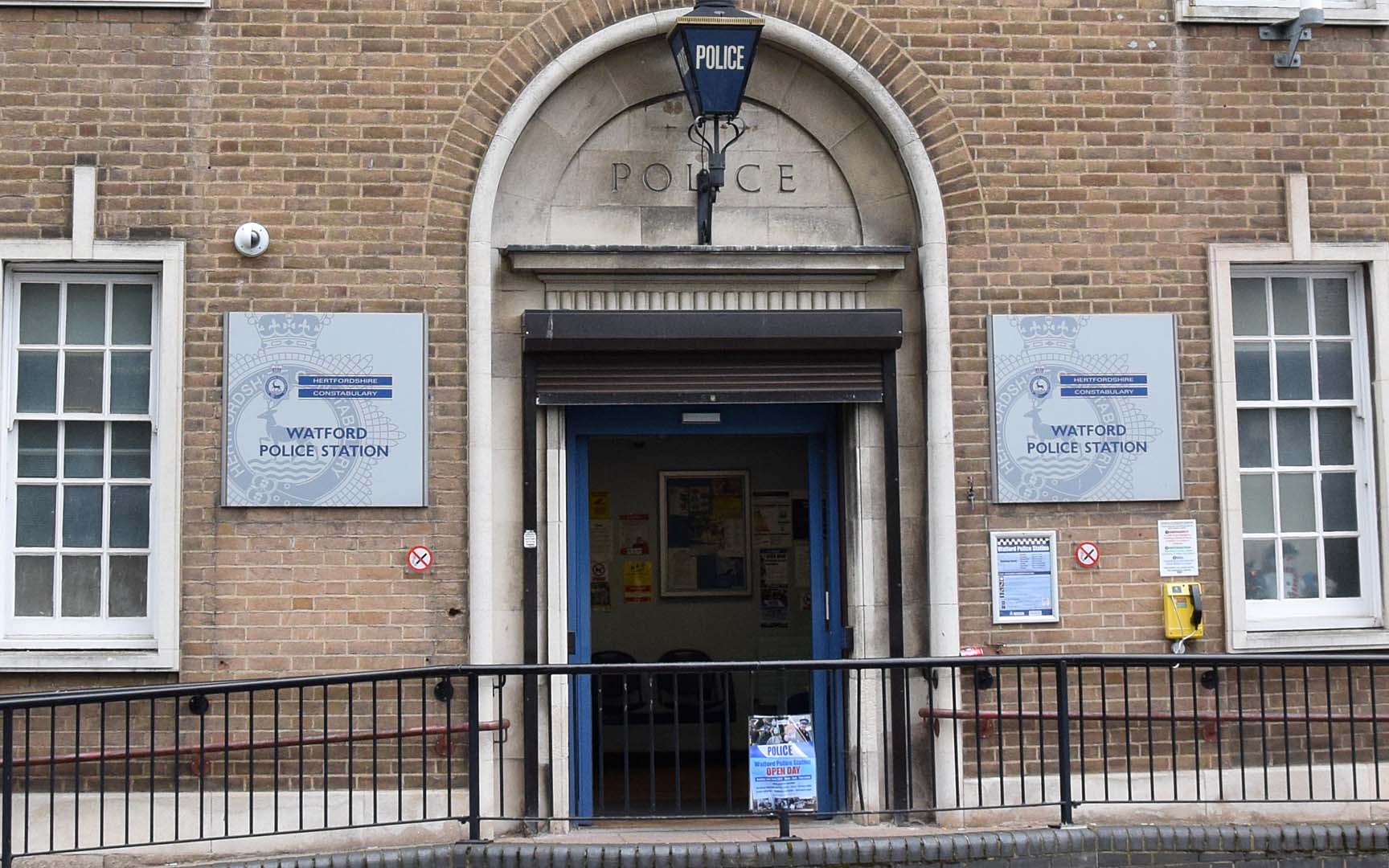
Many other police forces in England are using a similar approach to setting policing priorities. For example, the Metropolitan Police Service (MPS) uses a process called “Community Priority Assessment” (CPA) to gather feedback from the public and partners. The CPA results are then used to set the MPS’s annual policing plan.
Here are some other police forces in the UK that are using a similar approach to setting policing priorities:
- West Midlands Police
- South Yorkshire Police
- Merseyside Police
- Greater Manchester Police
- Thames Valley Police
This approach to setting policing priorities is becoming increasingly common in the UK as police forces recognize the importance of working with the public and partners to address local crime and disorder issues.
